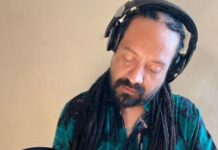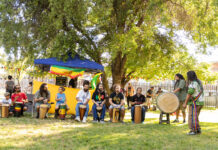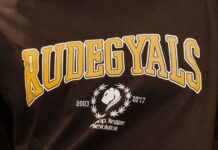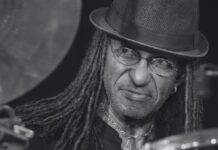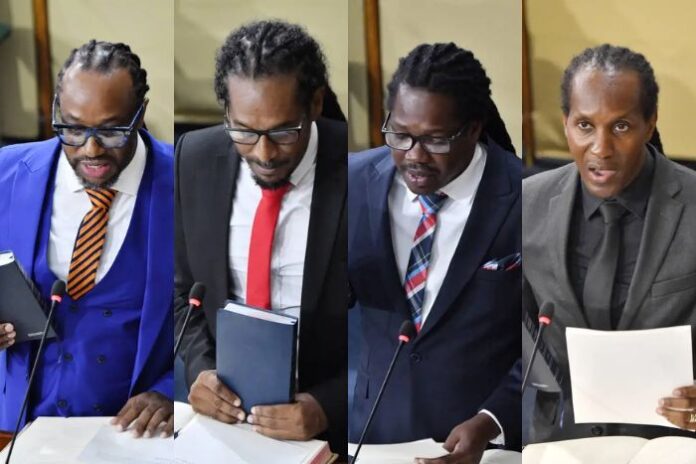In an unprecedented event in Jamaican politics, Four parliamentarians with Dreadlocks assumed their seats for the first time in the history of the country, An event that has not gone unnoticed by the island.
It is a situation that can be seen as A sign of the growing respect and acceptance of Afrocentrist and Rastafari culture in Jamaica and was highlighted by the media.
The new legislators, Isat Buchanan Y Damion Crawford In the House of Representatives, beside Allan Bernard In the Senate, They joined Alando Terrelonge, who starts its third period, To form a group of representatives who break with the traditional images of power.
A cultural advance symbol
For the lawyer and newly elected parliamentary Isat Buchanan, This moment is crucial, Especially considering that he has participated in litigation to defend the right of Rastafari people to use their hair.
“Jamaica has advanced a lot and being able to represent in this way is something very important for me”, He said to Jamaica Observer The jurist who has worked closely with Vybz Kartel.
Buchanan also stressed that Afro identity and the Rastafari movement are fundamental in the culture and history of Jamaica and that their presence in Parliament promotes equality and unity.
“The possibilities are infinite. Jamaica's sons and daughters, We are all the same”, emphasized.
An open debate
While many celebrate this advance, Not everyone agrees on their meaning. Steven Golding, president of the Black Universal Improvement Association (UNION), He warned about the importance of differentiating between dreadlocks as a hairstyle and rastafarism as a religion and a way of life.
“People must understand that Rastafari is a religion. It is not just a style or a way of life. The Rastafari is based on the belief and divinity of Haile Selassie ... I do not know any of the four men of Parliament who carry dreadlocks that creates that”, Golding said.
further, maintained that, While it is beneficial for more people to accept the Rasta hairstyle in general and that harmful stereotypes lose prominence, Jamaica has not yet seen a true Rastafari representation in the government.
Despite this distinction, The entry of these four politicians to the Legislative Power is a clear indication that the negative stereotypes associated with the Draadlocks They are losing strength, opening on the way to greater inclusion and cultural representation in the cradle of reggae.




